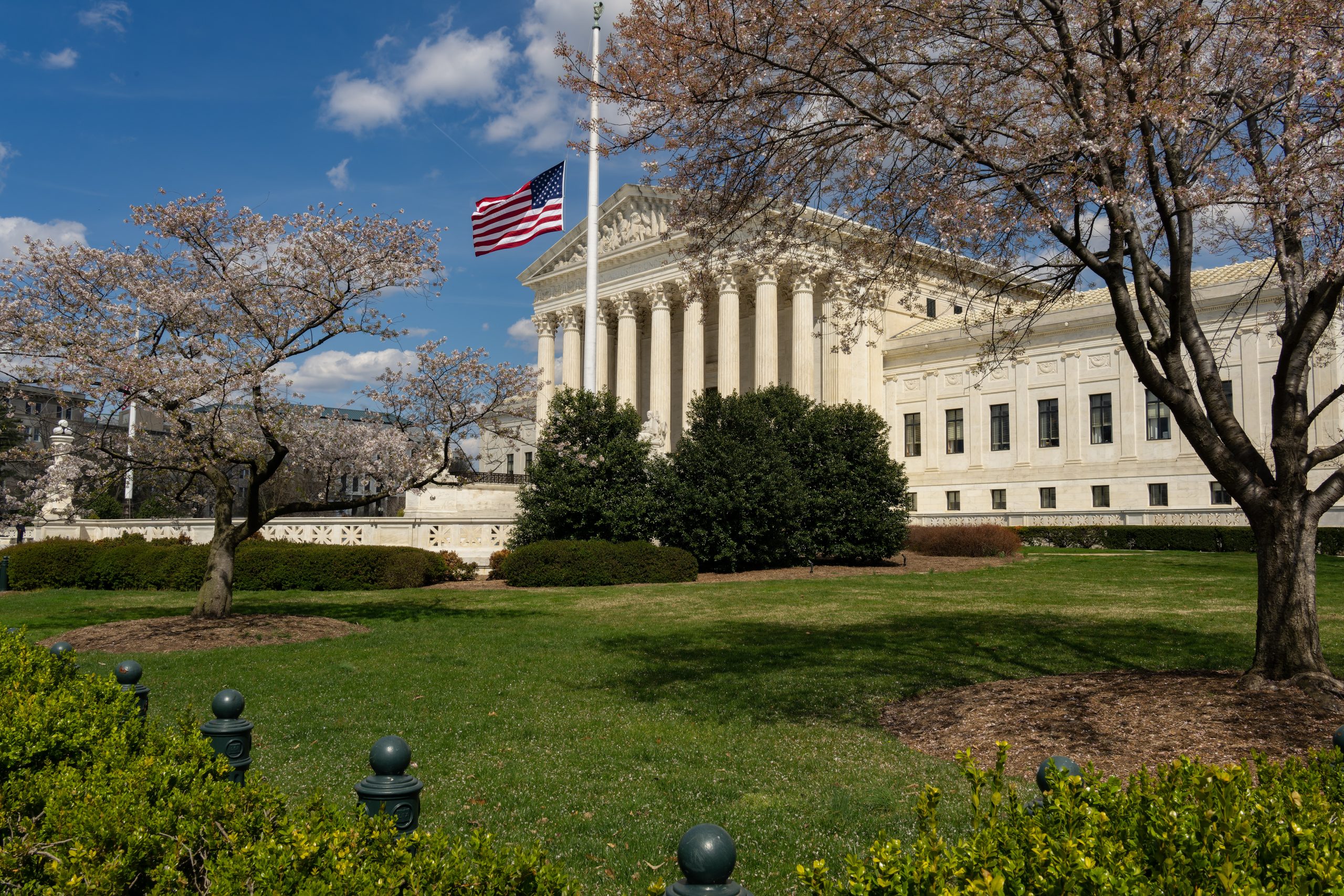President Joe Biden said that he “strongly disagrees” with the Supreme Court’s decision to reject Affirmative Action.
What does this mean? The move rejects the use of race as a factor in college admissions as a violation of the 14th Amendment’s Equal Protection Clause. Essentially, Affirmative Action paved a way for minorities, who may have once been looked over, to be accepted to universities and colleges.
In a 6-3 decision, Chief Justice John Roberts wrote in the majority opinion that, “A benefit to a student who overcame racial discrimination, for example, must be tied to that student’s courage and determination.”
“Or a benefit to a student whose heritage or culture motivated him or her to assume a leadership role or attain a particular goal must be tied to that student’s unique ability to contribute to the university. In other words, the student must be treated based on his or her experiences as an individual—not on the basis of race,” the opinion reads.
“Many universities have for too long done just the opposite. And in doing so, they have concluded, wrongly, that the touchstone of an individual’s identity is not challenges bested, skills built, or lessons learned but the color of their skin. Our constitutional history does not tolerate that choice,” the opinion states.
Corporations and unions have struggled with this. Requirements to include and fill positions with minorities instead of hiring based on skill has been a controversial issue over the past few years.
Should race be a factor in the college admissions practice?














